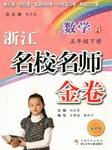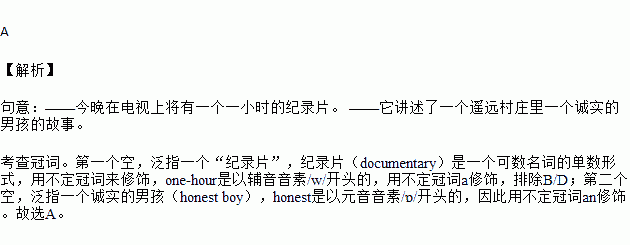题目内容
—There will be __________ one-hour documentary tonight on TV.
—It tells a story of __________ honest boy in a faraway village.
A.a; an B.an; a C.a; a D./; an
 浙江名校名师金卷系列答案
浙江名校名师金卷系列答案Lost A white cat, which belongs to David, got lost. If you find it, please call Sam at 385-0926. | BOOK SALE Little Women —by Louisa May Alcott A story of four sisters used to be $59.60 but only $29.60 now. |
Red Sea Action From Saturday to Sunday Showtime Cinema $20 (half for children under 12) Call Dave at 332-5147 | CAR FOR RENT A new car for rent, $60 a month and an old one needs to be half only. Call Mary at 591-3127 for more information. |
1.Who lost a white cat?
A.Sam. B.David. C.Mary. D.Dave.
2.You need to pay ________ if you buy the book Little Women now.
A.$59.60 B.$20 C.$40 D.$29.60
3.When can we see the movie Red Sea Action?
A.Only on Saturday. B.Only on Sunday.
C.On weekends. D.On weekdays
4.If you want to rent an old car, you have to pay ________ a month.
A.$60 B.$120 C.$30 D.$20
5.Those ads above are most probably from a ________.
A.map B.dictionary C.newspaper D.book


